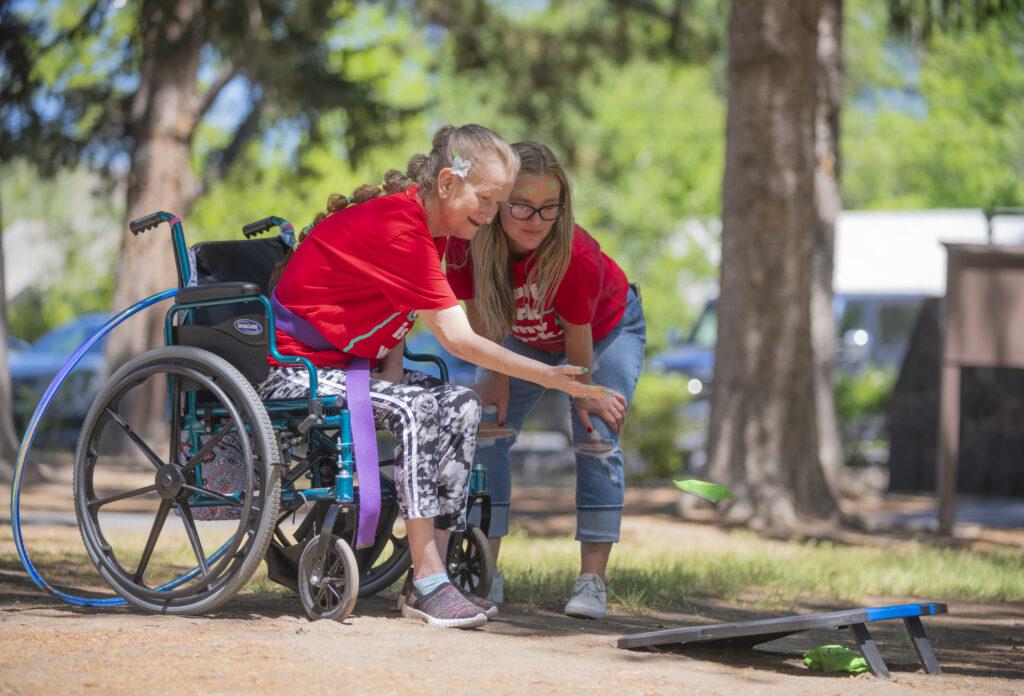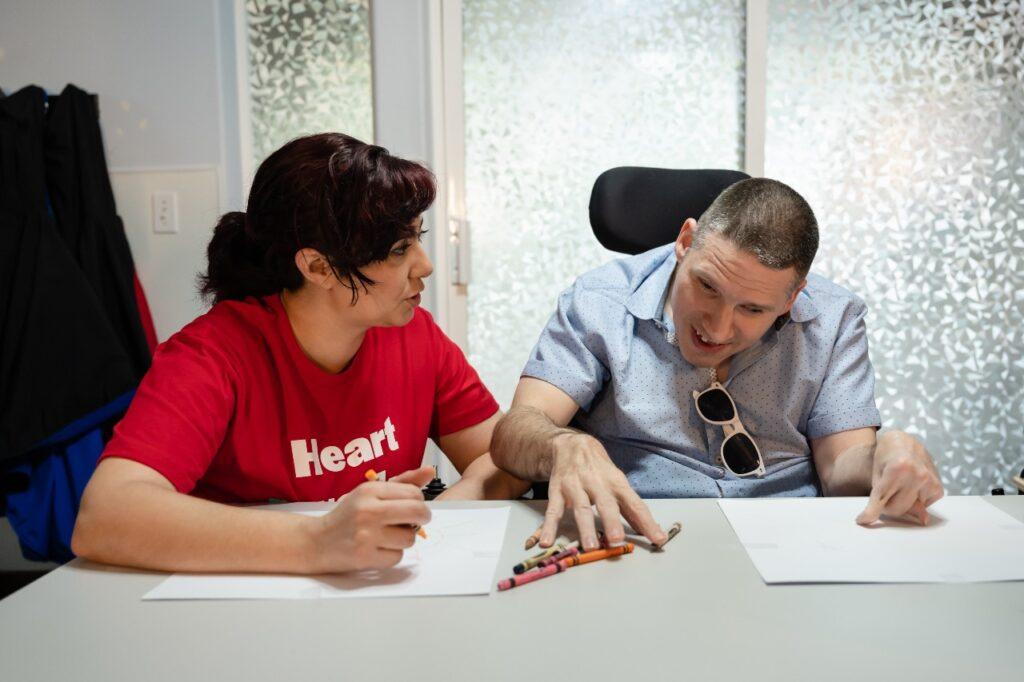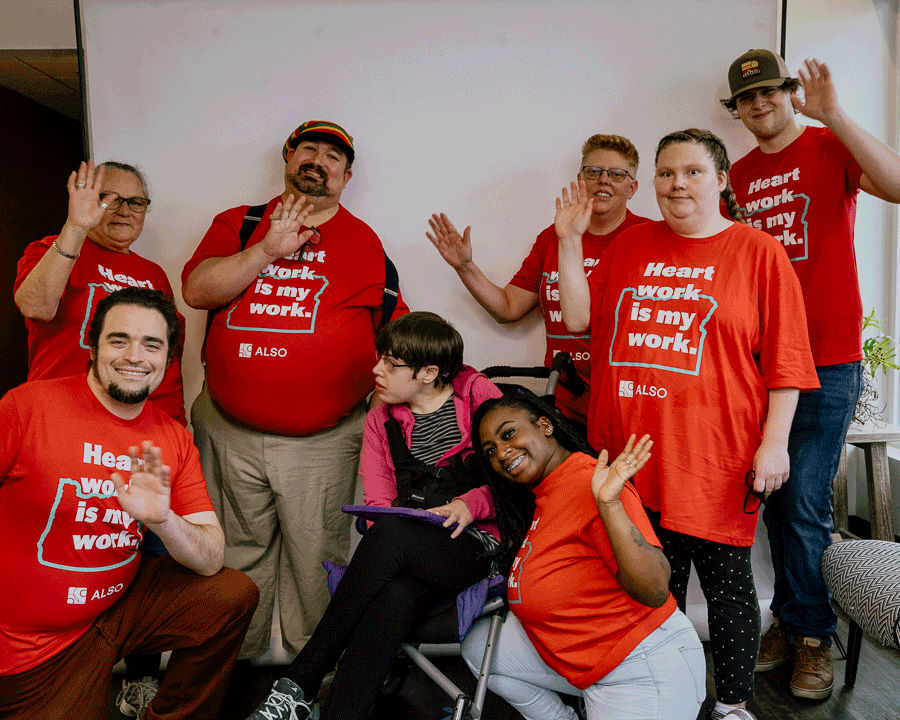Explore the ALSO Children’s Homes Wishlist and help fill the season with joy for the children supported by ALSO.
Explore the ALSO Children’s Homes Wishlist and help fill the season with joy for the children supported by ALSO.

Have you ever considered starting a career as a direct support professional? Are you interested in supporting people with intellectual and developmental disabilities?
Did you know that in addition to making a real impact on the lives of those you support, you can learn important skills and abilities that will benefit you for a lifetime? Let’s learn more and explore these skills below with ALSO.

Much more than direct care providers assisting with daily activities such as personal hygiene, bathing, and cooking, DSPs help individuals with disabilities to realize their full potential. They play a vital role in helping them to lead self-directed lives by fostering self-reliance, self-confidence, and self-esteem.
DSPs are human services professionals whose interventions make a positive impact on:

DSPs get opportunities to sharpen interpersonal skills on a daily basis. They learn active listening as they help those they support in exploring desires for the future. DSPs also practice empathy and conflict resolution, which helps them through disagreements with others.
DSPs must also practice effective communication with members of the community. This includes potential employers, social services professionals, and family members of those supported.
Each day is completely different when it comes to being a DSP. There is never a dull moment! This translates to frequent honing of organizational skills. DSPs might be accompanying someone to a medical appointment in the morning, then providing training in the necessary skills for grocery shopping in the afternoon.
Direct support professionals are called to use a wide variety of technical skills. It all depends on the needs of the people we support, but here are a few examples:
There are several life skills that DSPs can work on while supporting people with developmental and intellectual disabilities. For many of us, the development of coping strategies is a decades-long challenge. Being a DSP can be quite demanding, and knowing how to remain calm and attend to our own mental health amidst difficulties is an excellent skill.
No two individuals will have the same set of strengths and challenges. One person may have physical disabilities that make it difficult to get around their school, while someone else with an intellectual disability may need guidance during community activities. DSPs get many opportunities to adapt to these different challenges.
Emotional intelligence is something that most of us aspire to improve throughout our lifetime. The basis of this skill essentially comes down to self-awareness, self-acceptance, and the ability to manage our emotions. As exciting as DSP work is, it can also be disappointing at times. Those who have skills in emotional intelligence are adept at accepting constructive criticism and successfully move forward. It is also an important skill to have in practicing empathy and relating and communicating with others.
Several organizations exist for purposes of direct support professional workforce development, for example:
CHECK IT OUT: An excellent resource list by the Institute on Community Integration.

At ALSO, we’ve always called the work we do Heart Work, because it comes from a place in the heart. This is really all you need to get started on a career that improves your personal and professional abilities.
We have a top-notch team that truly appreciates what you have to offer. We supply training, technical support, and a listening ear to help you excel in your profession.
Interested in joining our team of direct support professionals? Learn more on the ALSO Careers Page.

Sign up for our newsletter to get our latest news, content, and job opportunities.
Help us ensure that everyone has the same opportunities in their home, workplace and community. Let’s make dreams!
